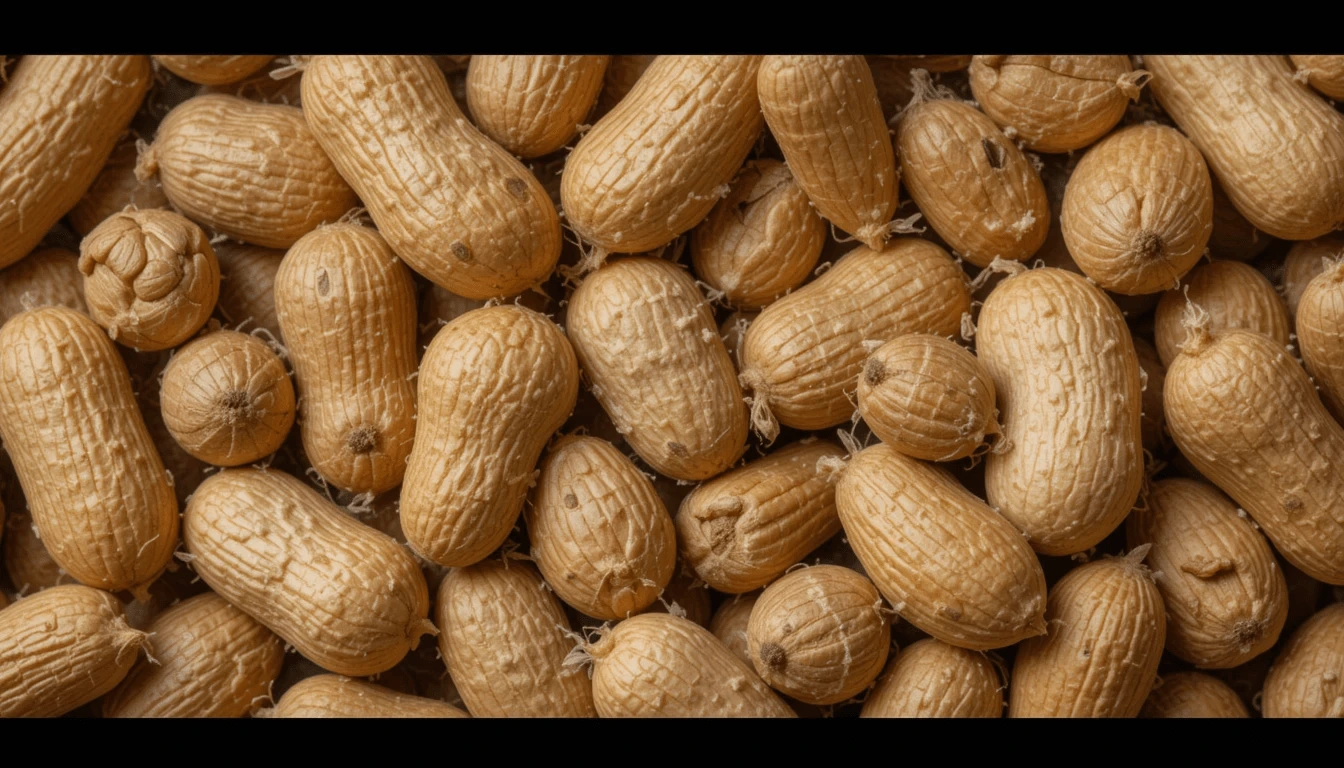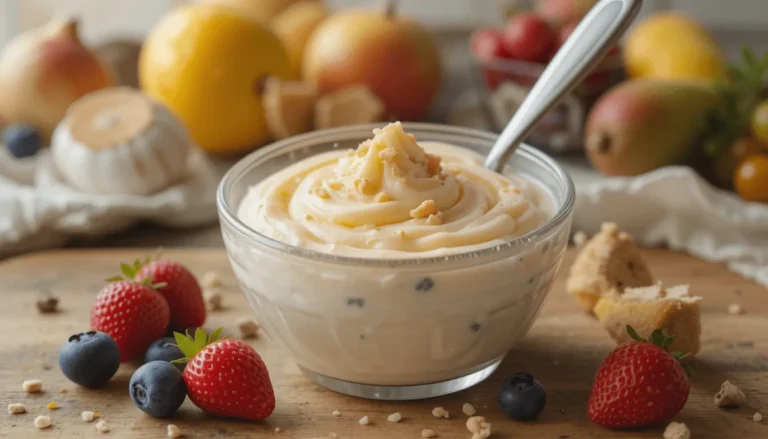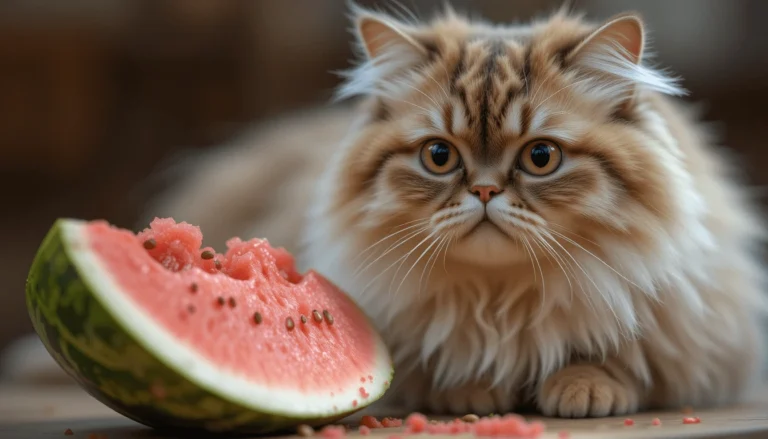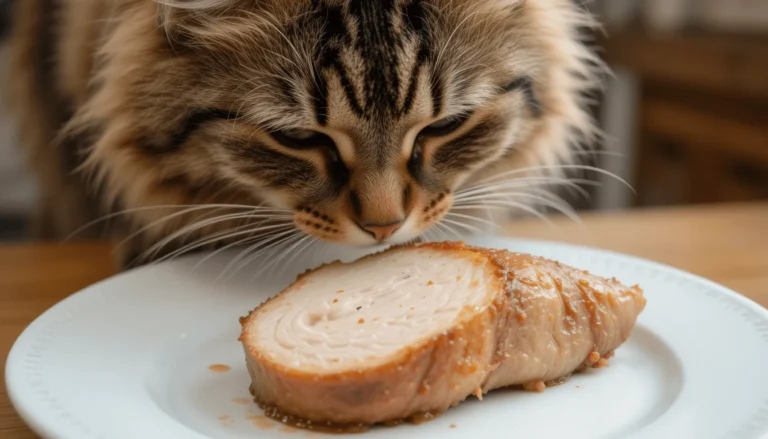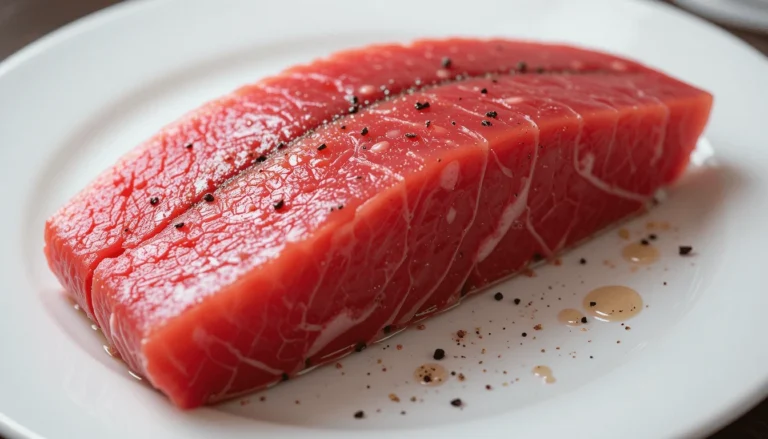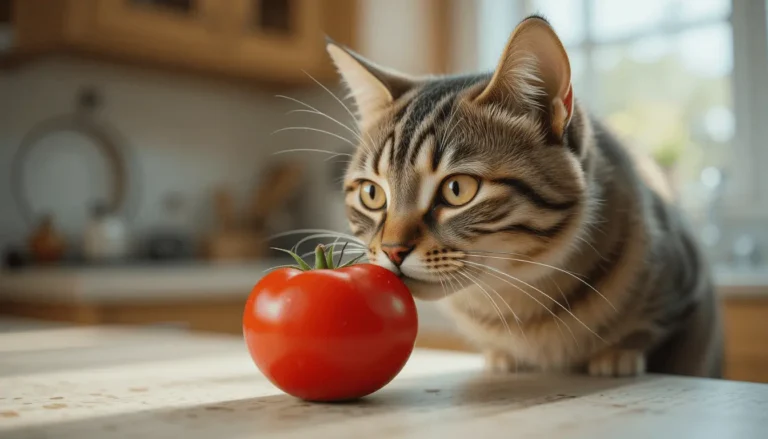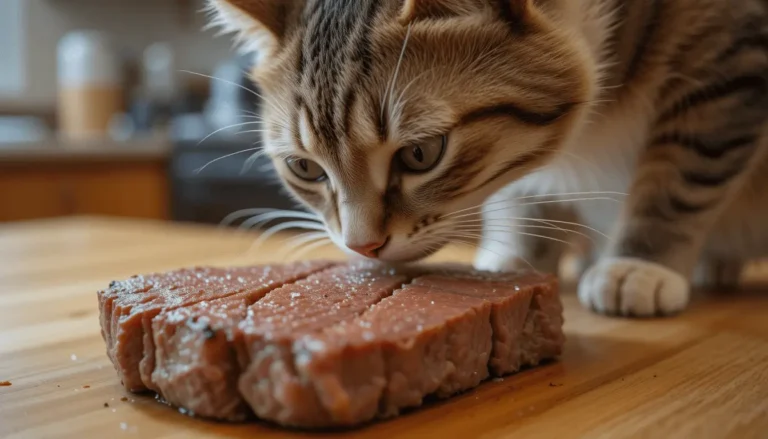Can Cats Eat Peanuts? Risks and Benefits Explained
Introduction
“As you sit on the couch cracking open a bowl of peanuts, your curious cat paws at your snack. You pause—can cats eat peanuts, or is this a dangerous habit? While peanuts aren’t toxic, they come with hidden risks for felines. Let’s explore whether peanuts are safe, what dangers they pose, and what healthier alternatives your cat will love.”
Are Peanuts Safe for Cats? The Surprising Truth
1. Non-Toxic but Nutritionally Useless
While cats need protein to thrive, not all proteins are created equal for them. Their systems are specifically designed to process meat proteins, making plant proteins like those in peanuts far from ideal :
- Unlike meat, plant proteins don’t contain crucial nutrients cats need – like taurine, which is absolutely vital for their heart and eye health
- Cats can’t efficiently convert plant fats to energy
- Peanuts offer no vitamins cats need (like preformed Vitamin A)
A study by the Journal of Feline Medicine found that cats fed plant-based proteins showed 23% lower nutrient absorption rates compared to meat-based diets.
2. Choking and Digestive Hazards
Peanuts present multiple physical dangers:
For whole peanuts:
- Risk of airway obstruction (especially in flat-faced breeds like Persians)
- Hard shells can lacerate gums or intestines
For crushed peanuts:
- May cause intestinal blockages (vets report 1 in 200 emergency visits involve food obstructions)
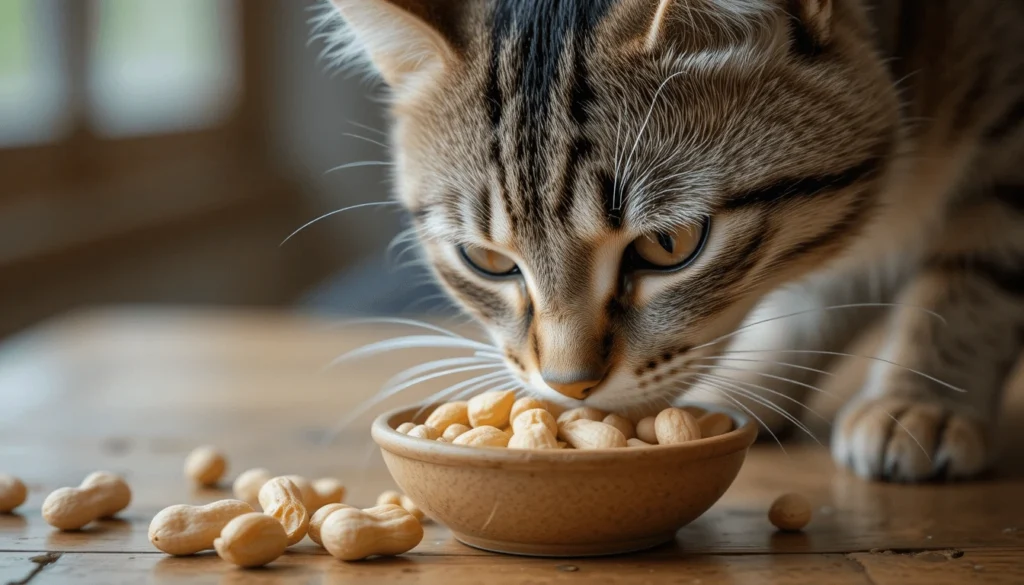
3. Hidden Health Risks
| Risk Factor | Why It’s Dangerous | Emergency Signs |
|---|---|---|
| High Fat Content | Can trigger pancreatitis | Vomiting, hunched posture |
| Salt & Seasonings | Causes sodium ion poisoning | Excessive thirst, tremors |
| Mold (Aflatoxin) | Damages liver over time | Jaundice, lethargy |
The FDA warns that even “safe” human foods become risky when they exceed 10% of a cat’s daily calories. Just 5-10 peanuts could put a small cat over this limit.
Risks of Feeding Peanuts to Cats
While you might enjoy peanuts as a snack, your feline friend could face serious health consequences. Let’s break down the three major risks of sharing peanuts with cats:
1. Allergic Reactions – Itching, Swelling, and More
Just like humans, cats can develop food allergies. Peanuts are among the top 10 most common allergens for pets, according to a study by BMC Veterinary Research. Symptoms may include:
- Excessive scratching or licking
- Swollen paws or face
- Hives or skin irritation
“Can cats eat peanuts without reactions?” While some tolerate them, there’s no way to predict allergies until symptoms appear.
2. Digestive Issues – Vomiting, Diarrhea, and Upset Stomach
Cats have sensitive digestive systems. The high fat, salt, and additives in peanuts can cause:
- Vomiting (reported in 1 out of 3 cases by Pet Poison Helpline)
- Diarrhea (due to oils and fiber imbalance)
- Loss of appetite (from stomach discomfort)
A single heavily salted peanut can contain more sodium than a cat should consume in an entire day.
3. Aflatoxin Danger – The Hidden Killer in Moldy Peanuts
Here’s a hidden danger many don’t know about – peanuts can contain aflatoxins, toxic mold compounds that silently attack your cat’s liver over time. The FDA warns that even small amounts over time can lead to:
- Liver failure
- Lethargy and jaundice (yellowing of gums/eyes)
- Long-term health complications
Peanut Risk Comparison Table
| Risk Level | Symptom Timeline | Action Required |
|---|---|---|
| Mild (Allergy) | 1-6 hours | Monitor, call vet if worsening |
| Moderate (Digestive) | 2-12 hours | Withhold food, offer water |
| Severe (Aflatoxin) | Days-weeks | Emergency vet visit |
Healthier Alternatives to Peanuts
Since peanuts pose unnecessary risks, here are three vet-approved treats your cat will love:
1. Lean Proteins – Cooked Chicken or Turkey
- Nutritional Advantage: “Packed with the perfect animal protein cats crave, while being light on unnecessary fats.
- How to serve: Shredded, unseasoned, and boneless
- Bonus: Helps with hydration (contains moisture)
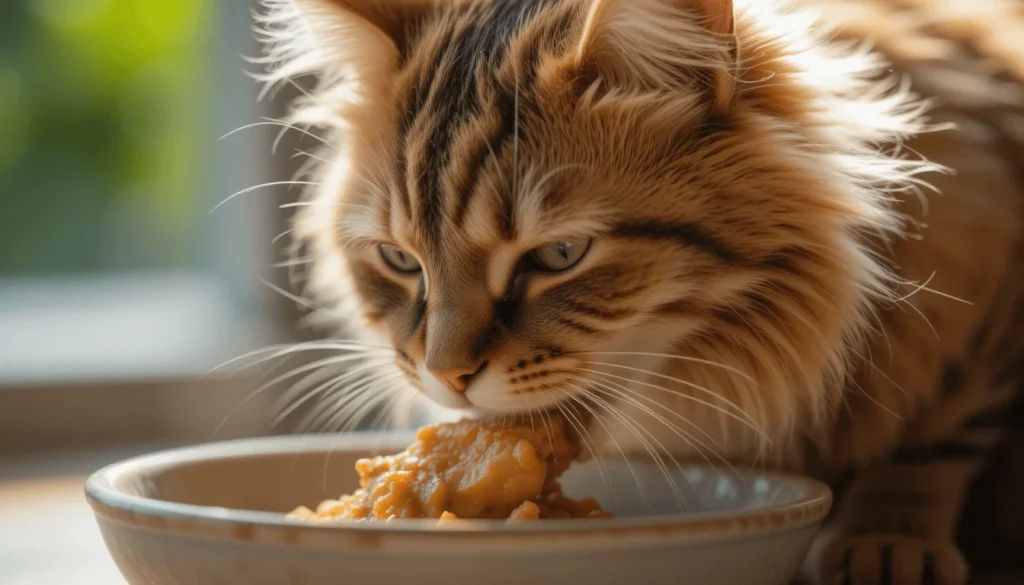
2. Cat-Safe Commercial Treats
Look for options that include:
- Taurine (essential for heart health)
- Vitamin E (supports immune function)
- No artificial additives (check labels for fillers like corn syrup)
Trusted brands like Hill’s and Royal Canin formulate their foods to meet or exceed AAFCO’s strict nutritional guidelines for complete feline nutrition.
3. Pumpkin or Blueberries – Fiber & Antioxidant Boost
- Pumpkin puree (not pie filling) aids digestion
- Blueberries provide antioxidants (safe in small amounts)
- Portion tip: 1-2 teaspoons max per serving
Pro Tip: Frozen blueberries make a fun, crunchy summer treat!
Conclusion
After exploring the risks and alternatives, the answer is clear: peanuts offer no real benefits for cats and come with serious potential dangers. While a tiny, unsalted piece might not cause immediate harm, why take the risk when there are so many healthier, feline-friendly treats available?
Instead of peanuts, consider:
- Lean meats like chicken or turkey for protein
- Vet-approved commercial treats with balanced nutrition
- Fiber-rich pumpkin or antioxidant-packed blueberries
For more expert insights, check these resources:
- Safe Or Not ? Cat Food Guide
- ASPCA’s Guide to Human Foods for Cats
- Cornell Feline Health Center’s Nutrition Tips
- FDA’s Warning on Aflatoxins in Pet Food
FAQs
1. Can cats eat peanut butter?
In very small amounts (less than 1/4 tsp), xylitol-free peanut butter is technically safe. However, it’s still high in fat and calories with no nutritional benefit for cats. Better options include:
- A dab of plain, unsalted bone broth
- A lick of lactose-free cat yogurt
2. How quickly would a cat show signs of peanut poisoning?
- Allergic reactions: Within 30 minutes to 2 hours (itching, swelling)
- Digestive upset: 2–12 hours (vomiting, diarrhea)
- Aflatoxin symptoms: Days to weeks (lethargy, jaundice)
3. My cat ate a peanut—should I go to the vet?
Monitor closely for 24 hours. Seek immediate vet care if you notice:
- Difficulty breathing (allergic reaction)
- Repeated vomiting or diarrhea
- Unusual lethargy or loss of coordination
4. Are other nuts safe for cats?
Most nuts (walnuts, almonds, pecans) are unsafe due to:
- High fat content → Pancreatitis risk
- Choking hazards → Intestinal blockages
- Mold risks → Aflatoxin exposure

